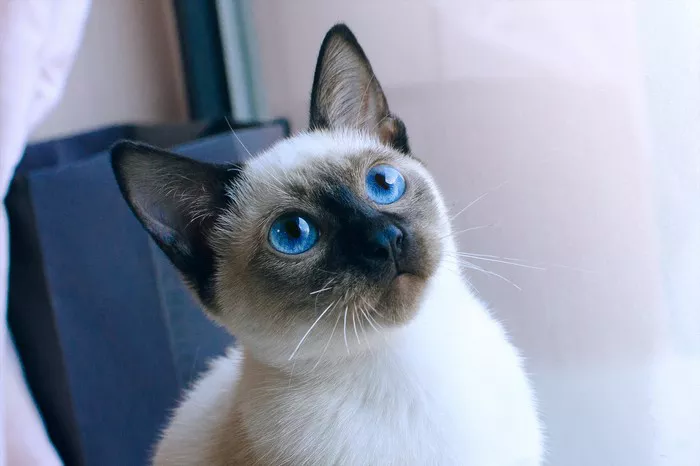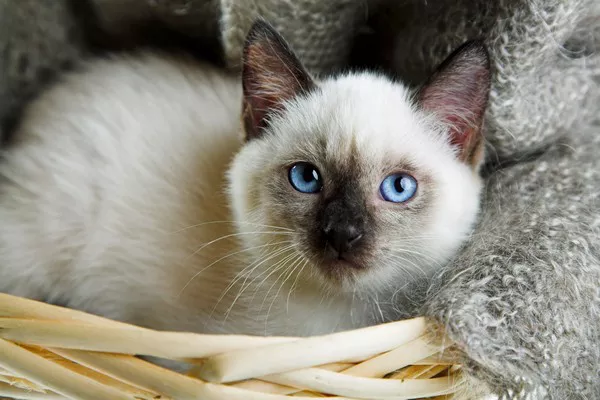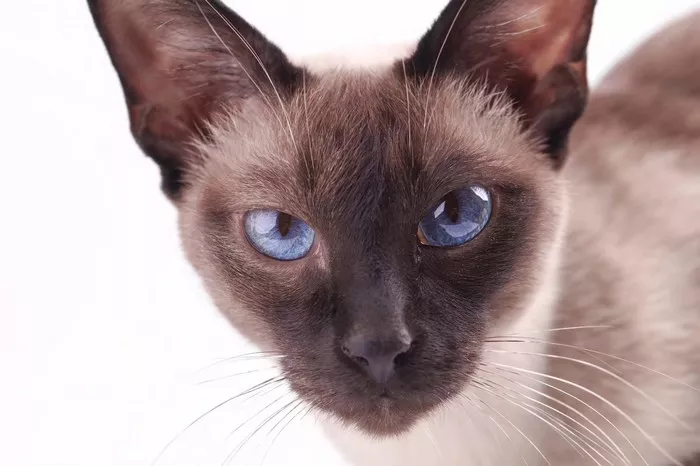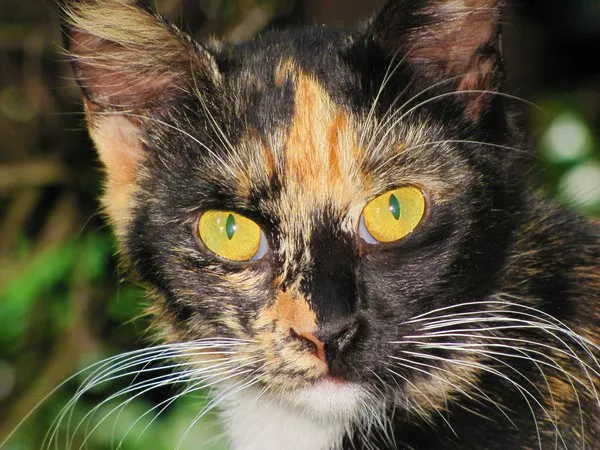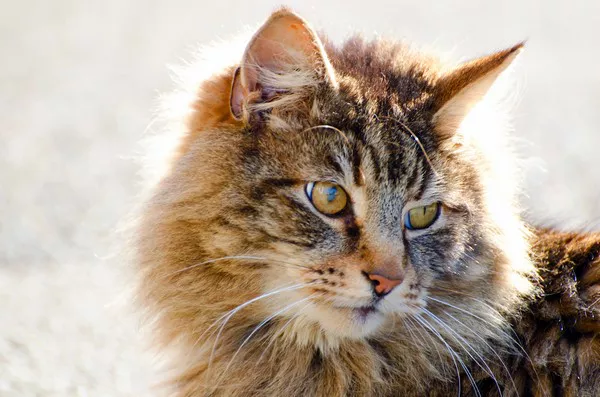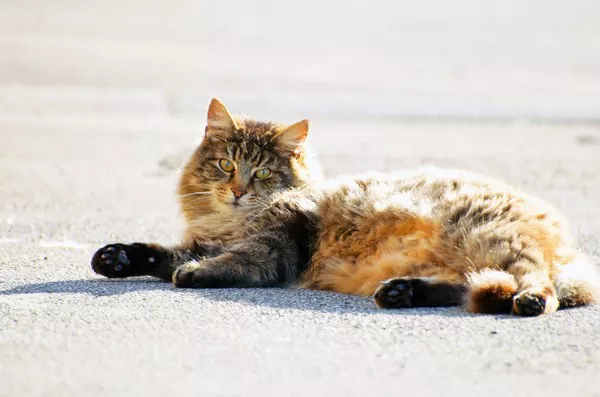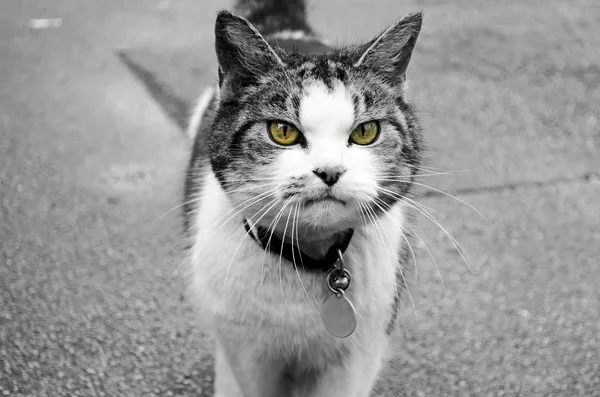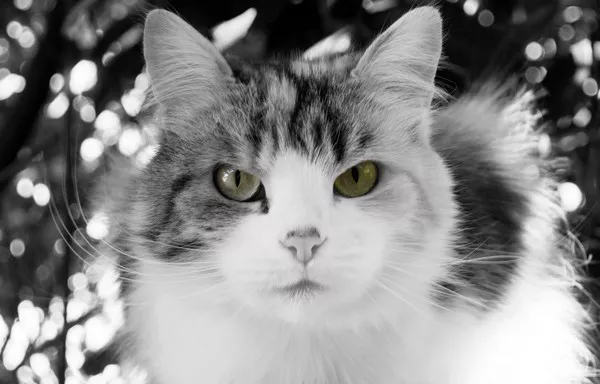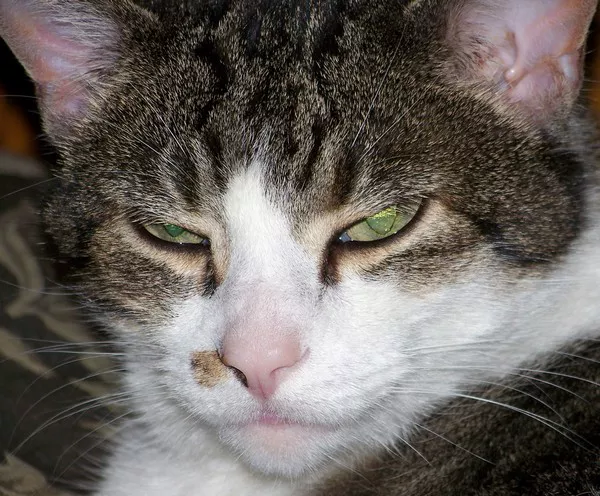Siamese cats are renowned for their striking appearance, vocal nature, and affectionate demeanor, making them beloved companions for cat lovers around the world. However, owners of Siamese cats may find themselves dealing with a common issue: vomiting. While occasional vomiting is normal for cats and may not necessarily indicate a serious problem, frequent or persistent vomiting in Siamese cats can be concerning and may warrant further investigation. In this comprehensive article, we’ll delve into the reasons why Siamese cats may vomit more frequently than other breeds, exploring potential causes and preventive measures to keep your feline friend healthy and happy.
The Siamese Cat: A Distinctive Breed
Siamese cats are a distinctive and recognizable breed known for their sleek, muscular bodies, striking blue eyes, and pointed coat pattern. Originating from Thailand (formerly Siam), Siamese cats have been cherished companions for centuries, prized for their intelligence, playfulness, and vocal nature. While Siamese cats share many characteristics with other domestic felines, such as grooming habits and dietary preferences, they also exhibit certain breed-specific traits that may influence their likelihood of vomiting.
Exploring the Causes of Vomiting in Siamese Cats
While occasional vomiting is normal for cats and may occur for various reasons, including hairballs, dietary indiscretion, or mild stomach upset, frequent or persistent vomiting in Siamese cats may indicate an underlying health issue that requires attention. Several factors may contribute to the increased incidence of vomiting in Siamese cats, including:
1. Sensitivity to Stress:
Siamese cats are known for their sensitive nature and strong bond with their owners. They may be more prone to stress-related vomiting in response to changes in their environment, routine, or social dynamics. Common stressors for Siamese cats include moving to a new home, introduction of new pets or family members, loud noises, or changes in feeding or litter box habits.
2. Gastrointestinal Disorders:
Certain gastrointestinal disorders, such as inflammatory bowel disease (IBD), gastritis, or gastrointestinal parasites, may be more prevalent in Siamese cats and contribute to vomiting. These conditions can cause inflammation and irritation of the stomach and intestines, leading to symptoms such as vomiting, diarrhea, and weight loss.
3. Food Sensitivities or Allergies:
Siamese cats may be more susceptible to food sensitivities or allergies, which can trigger digestive upset and vomiting. Common allergens in cat food include proteins such as beef, chicken, or fish, as well as grains and fillers. Identifying and eliminating potential allergens from your Siamese cat‘s diet may help reduce the frequency of vomiting episodes.
4. Hairballs:
Like all cats, Siamese cats engage in grooming behavior to keep their coats clean and healthy. However, their short, fine fur may make them more prone to hairballs, which can accumulate in the stomach and cause vomiting. Regular grooming, including brushing and the use of hairball remedies or specialized diets, can help prevent hairballs and reduce vomiting in Siamese cats.
5. Dental Issues:
Poor dental hygiene and dental disease can contribute to vomiting in Siamese cats. Dental problems such as periodontal disease, tooth decay, or oral infections can cause discomfort and difficulty eating, leading to vomiting as a result of gastrointestinal irritation or regurgitation of undigested food.
Managing Vomiting in Siamese Cats: Tips and Strategies
While occasional vomiting may be normal for Siamese cats, frequent or persistent vomiting should be evaluated by a veterinarian to rule out underlying health issues and determine the appropriate course of treatment. In addition to seeking veterinary care, there are several preventive measures and strategies that owners can implement to help manage vomiting in Siamese cats:
1. Maintain a Consistent Routine:
Establishing a predictable daily routine for your Siamese cat can help reduce stress and anxiety, minimizing the likelihood of stress-related vomiting. Stick to regular feeding times, play sessions, and grooming sessions to provide structure and stability for your feline companion.
2. Provide a High-Quality Diet:
Feed your Siamese cat a balanced and nutritious diet formulated to meet their specific nutritional needs. Choose high-quality cat food made from premium ingredients, and avoid artificial additives, fillers, or allergens that may trigger digestive upset. Consult with your veterinarian to determine the best diet for your cat’s individual health and dietary requirements.
3. Monitor Your Cat’s Health:
Keep a close eye on your Siamese cat’s overall health and behavior, and be vigilant for signs of vomiting, diarrhea, lethargy, or changes in appetite or litter box habits. Promptly report any concerning symptoms to your veterinarian, who can perform a thorough physical examination and diagnostic tests to identify the underlying cause of vomiting.
4. Practice Good Dental Care:
Maintain your Siamese cat’s dental health by providing regular dental cleanings, brushing their teeth, and offering dental treats or toys to promote chewing and reduce plaque buildup. Address any dental issues promptly to prevent discomfort and vomiting associated with oral problems.
5. Minimize Stressful Stimuli:
Create a calm and peaceful environment for your Siamese cat by minimizing exposure to loud noises, abrupt changes, or stressful stimuli. Provide hiding spots, comfortable resting areas, and interactive toys to help alleviate boredom and anxiety, promoting mental and emotional well-being.
Conclusion: Promoting Digestive Health in Siamese Cats
In conclusion, while Siamese cats may be more prone to vomiting than other breeds, understanding the potential causes and implementing preventive measures can help minimize this common issue and promote digestive health in your feline companion. By maintaining a consistent routine, providing a high-quality diet, monitoring your cat’s health, practicing good dental care, and minimizing stress, you can help keep your Siamese cat happy, healthy, and free from frequent vomiting episodes. If vomiting persists or worsens despite these efforts, consult with your veterinarian for further evaluation and treatment options tailored to your cat’s individual needs. With proper care and attention, you can ensure that your Siamese cat enjoys a long and vibrant life by your side, free from the discomfort and inconvenience of frequent vomiting.

